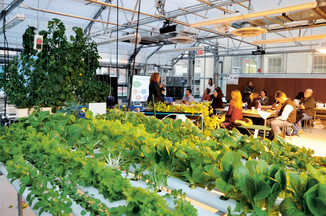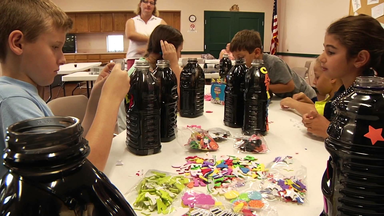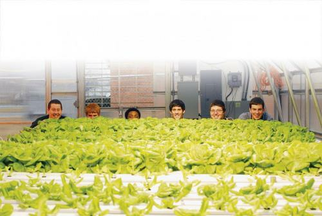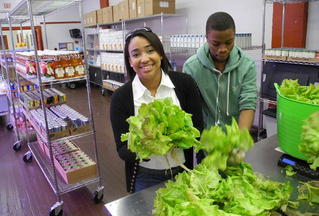
Technical, managerial, entrepreneurial
Training
Teaching hydroponic gardening
View the Catalog: Continue to curricular materialsl (Portions for enrollees only.)
|
Essential Components
Organization
In addition to proprietary content, our system is intended to allow a teacher from any institution to create courses. A course may include any number of lessons. Ask your representative to demonstrate.
Opportunity
Once published, contributing institutions and/or authors participate in revenue derived from their course(s).
Operations
It is recommended that each school should
- Adapt calendars to recognize the growing environment, which typically will not conform to existing schedules
- Develop optional short courses and seminars
- Facilitate independent study and practicum
Schedule
- Reconfigure classroom space for hydroponics instruction
- Promote hands-on laboratory farming experience
Configure
- Select qualified students for follow-up courses on managerial and entrepreneurial aspects of the urban farming business
- Combine training with an associated vegetable production enterprise (this might take the form of internal distribution, e.g., to an in-house cafeteria, or perhaps link your program to DECA)
- Define terms of about 60 classroom hours plus lab time for a basic technical certificate; one or two semesters depending on school calendar and extra-curricular activity
Promote
The early hygiene, safety and food handling components may qualify students for part or full time employment even before they complete the entire curriculum.
Note: The Eduponics online presence is under continuous development, and some features remain aspirational.



